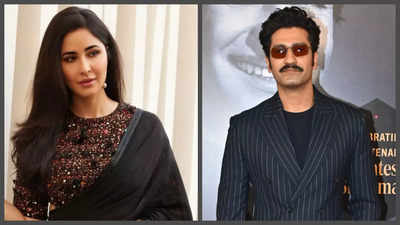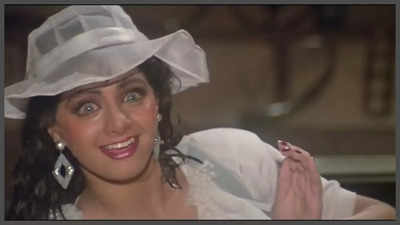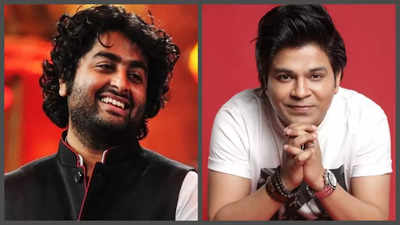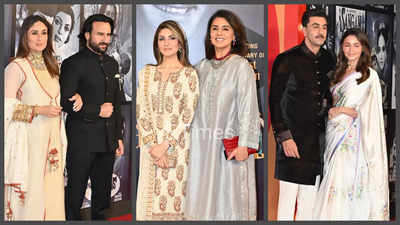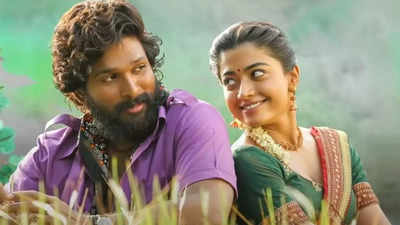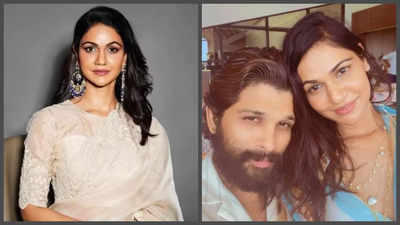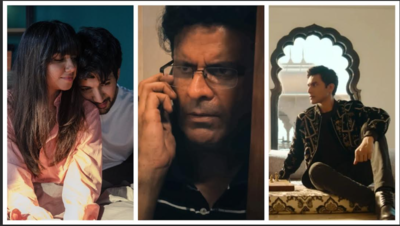Mismatched season 3 review: Tech has always been at the heart of this coming-of-age show. It only made poetic sense that the 3.0 edition comes of digital age. Artificial intelligence, metaverse (referred to as ‘Betterverse’ here), and premier tech institutes take over the third instalment, with the action moving from the baby steps in Jaipur to the giant leaps in Hyderabad. Dimple (Prajakta Koli) and Rishi (Rohit Saraf) are now in a long-distance relationship – which adds even more mismatch to their elusively stable equation.

(Also Read – Bandish Bandits season 2 review: New characters add interesting spin to this otherwise slow chapter)
Betterverse for the better or for the worse?
Rishi and a couple of other key characters relocate to Nandini Nahata’s (Dipannita Sharma) institute, in which they’re innovating to design Betterverse, an alternate virtual reality. Given the distance from Ambala to Hyderabad, Dimple’s interactions and encounters with Rishi have also gone virtual. They meet in a heavenly retreat and a dream home, but there’s a niggling urge to see and feel each other in flesh and blood. Rishi suggests Dimple follow in his footsteps geographically, but she is too dejected by Nandini’s rejection from last season.

This incoherence or mismatch between the real and the virtual, reality and expectation, is a thematic leitmotif this season. A long-distance couple doubting the process when they make out for the first time – why does it not feel as satiating as their virtual quickies? A character bringing their dead father back to life through an AI chatbot in order to grieve their loss. Anmol (Taaruk Raina) struggling to feel his feet even though he can see himself score a football goal in Betterverse.
The most gratifying subplot linked to this centrepiece comes with a new character, Rith (Lauren Robinson), a queer hacker who wants to access the Betterverse only so that they can see themselves as a man, as opposed to the woman the world perceives them to be. The desperation feels lived-in and the desire doesn’t come across as synthetic, given that Gazal Dhaliwal is the head writer. Gazal is a trans writer known for their queer-coded stories like Ek Ladki Ko Dekha Toh Aisa Laga and the Konkona Sen Sharma-starrer short film, A Monsoon Date.

Ageing without adulting
In fact, the entire writers’ room of Mismatched – Gazal, Aarsh Vora, Sunayana Kumari, Nandini Gupta, and Akash Jhunjhunwala – is the prized possession of the show. In season 2, they never hesitated to break the conventional, crystallized format of coming-of-age shows or to discuss uncomfortable subjects. In season 3, they hit several notches above, bringing in more relevant issues and well-rounded side characters within the new framework and setting of the series. They rely on some old tropes – using a new character’s voiceover to echo the larger sentiment with every episode – but also restrain and try a new approach where it fits – the suspenseful episode where we’re the only ones who can’t figure out what’s wrong with Dimple.
Gender dysphoria, loss of loved ones, body positivity, childhood trauma – these aren’t subjects that you can just skim the surface of. The writers choose to go extensive instead of intensive, yet the inclusivity doesn’t seem tokenistic. Sure, they may be checking boxes, but those tracks aren’t forgotten or rushed out of convenience. Each sub-plot or character arc leads somewhere. They even call out woke culture through Anmol – who dismisses the intellectual jargon thrown around by college students for catchy slogans that would both hit home and stay put. When he’s cancelled because of his history as a professional troll, his remorseful eyes plead for a new life. Taaruk Raina, like every season, is a standout this time as well.

All these diverse and plentiful themes and issues may be hard to stomach or keep up with, but they make narrative sense because of how they impact the characters’ love lives – their individual insecurities and inadequacies getting the better of their will and ability to heal each other. Personal crises like work-life balance, miscommunication, and blame game are compounded by these social struggles, which underline the fact that relationship issues are often more layered and multiferous than what they’re reduced to be. Add to these, the tech ecosystem – and Mismatched turns out to be a heady cocktail of young adult life than the diluted sherbet of simplisticity that it was in the inaugural season.
But what doesn’t work for Mismatched is that its actors and treatment haven’t really caught up with the rich and hefty material that they’re tasked with communicating. Rohit, Prajakta, Muskkan Jaferi, Abhinav Sharma, and Ahsaas Channa show potential and barely come across as out of place, but they lack the chops and nuance to be able to lend weightage to their conflicts. Even when they do, particularly in the case of the two leads, their strengths are seldom consolidated by a strong directorial voice. Akarsh Khurrana served as the director in the first two seasons, but the lack of a singular directorial iron fist looms large in this season. This sense of displacement is further sharpened by the sudden change in setting.
The romantic track of Rannvijay Singha’s Siddharth and Vidya Malvade’s Zeenat gets a new lease of life. The distance from being constantly surrounded by students allows them to get to their own issues – what they want from a relationship and life in general. Theirs is a mature love story not only because of the stage of life their characters are at, but also because of the years of life experiences that have rubbed on these actors. The same is the case with Kshitee Jog, who again owns her part-comic, part-motherly turn as Dimple’s mother, after her stunning role as Ranveer Singh’s mom in Karan Johar’s Rocky Aur Rani Kii Prem Kahaani.
Without ancillary tracks and actors, Mismatched feels like it’s growing older without growing up first. As if its characters have skipped to ageing without adulting first. For instance, the show still hesitates to show the act of sex with all its reckless abandon. But maybe that’s what mid-20s feel like – getting hit by a truck, feeling displacement and existential crisis at every corner. Dimple cracks it at the end – “Love is when what you want is what you need.” This mismatch is exactly what the show must get rid of – what it wants is to mature, but what it needs is a handling that facilitates a more convincing and relatable, if not an easy, smoother transition.
Mismatched season 3 is now streaming on Netflix India.



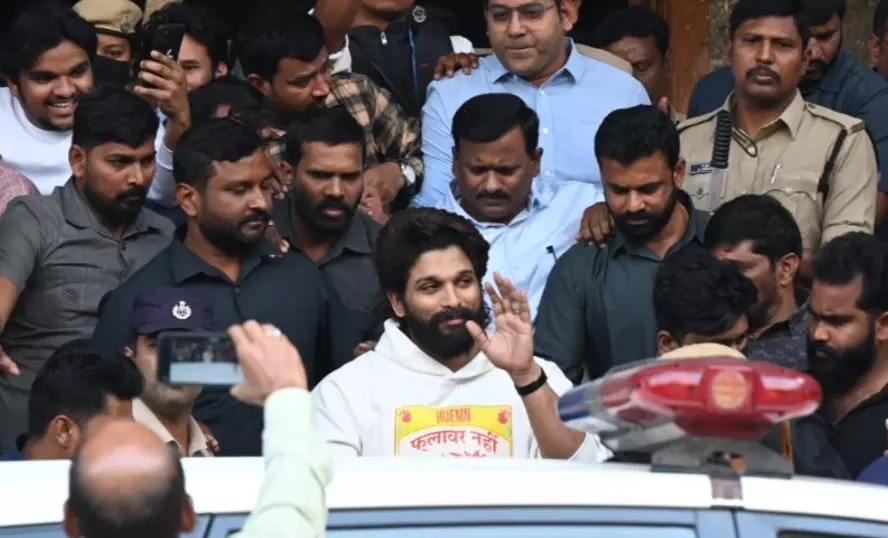


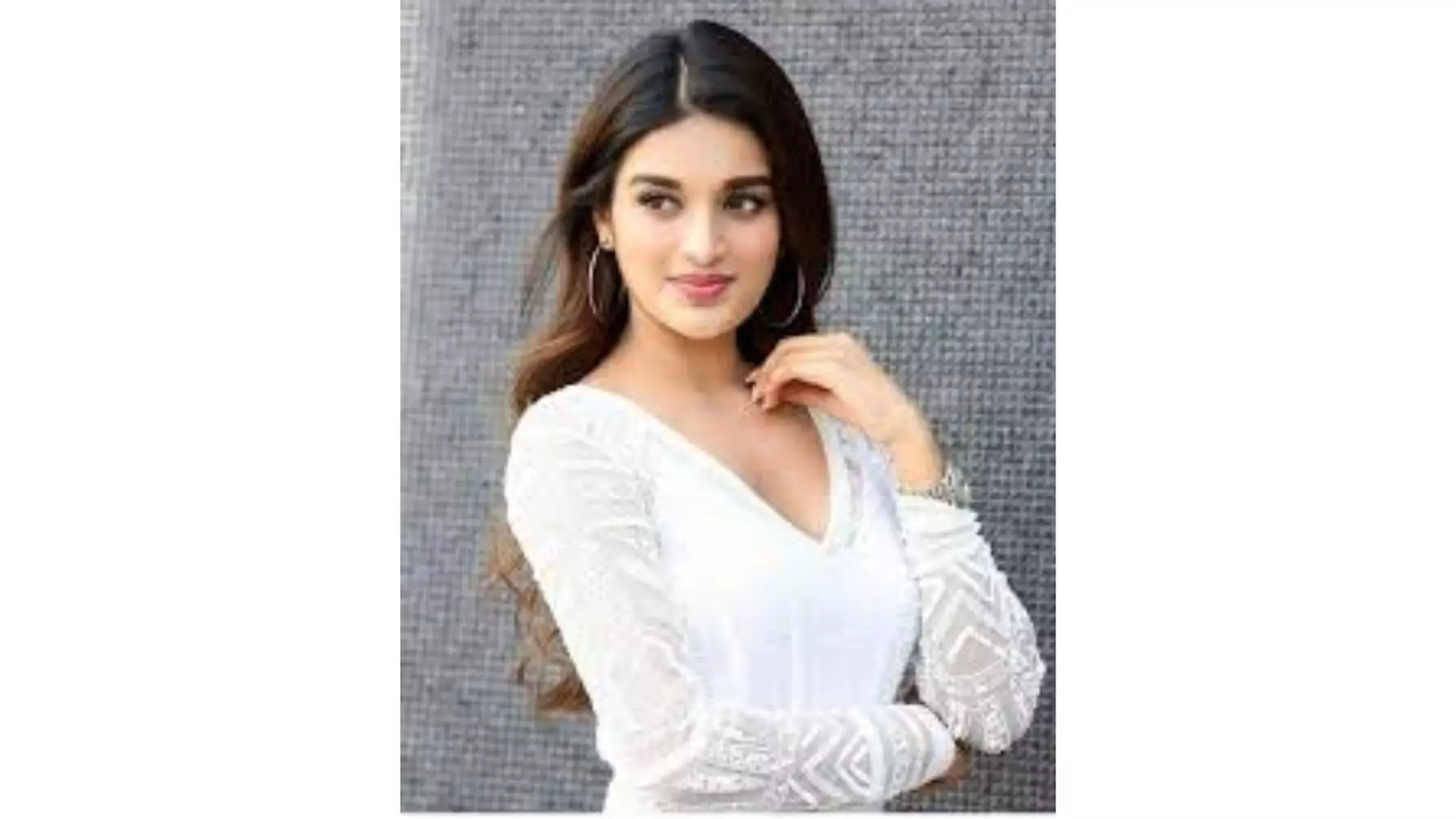


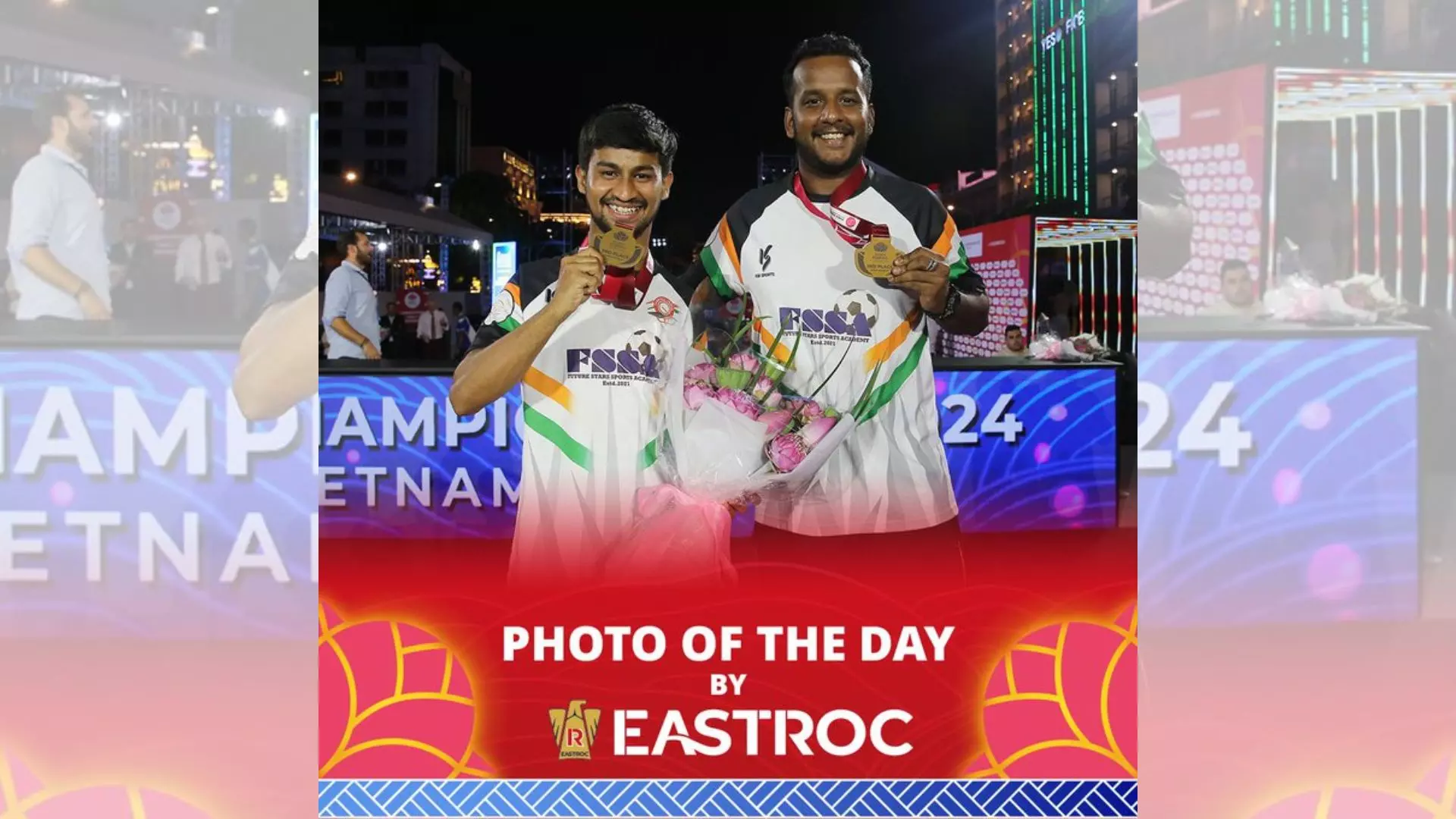


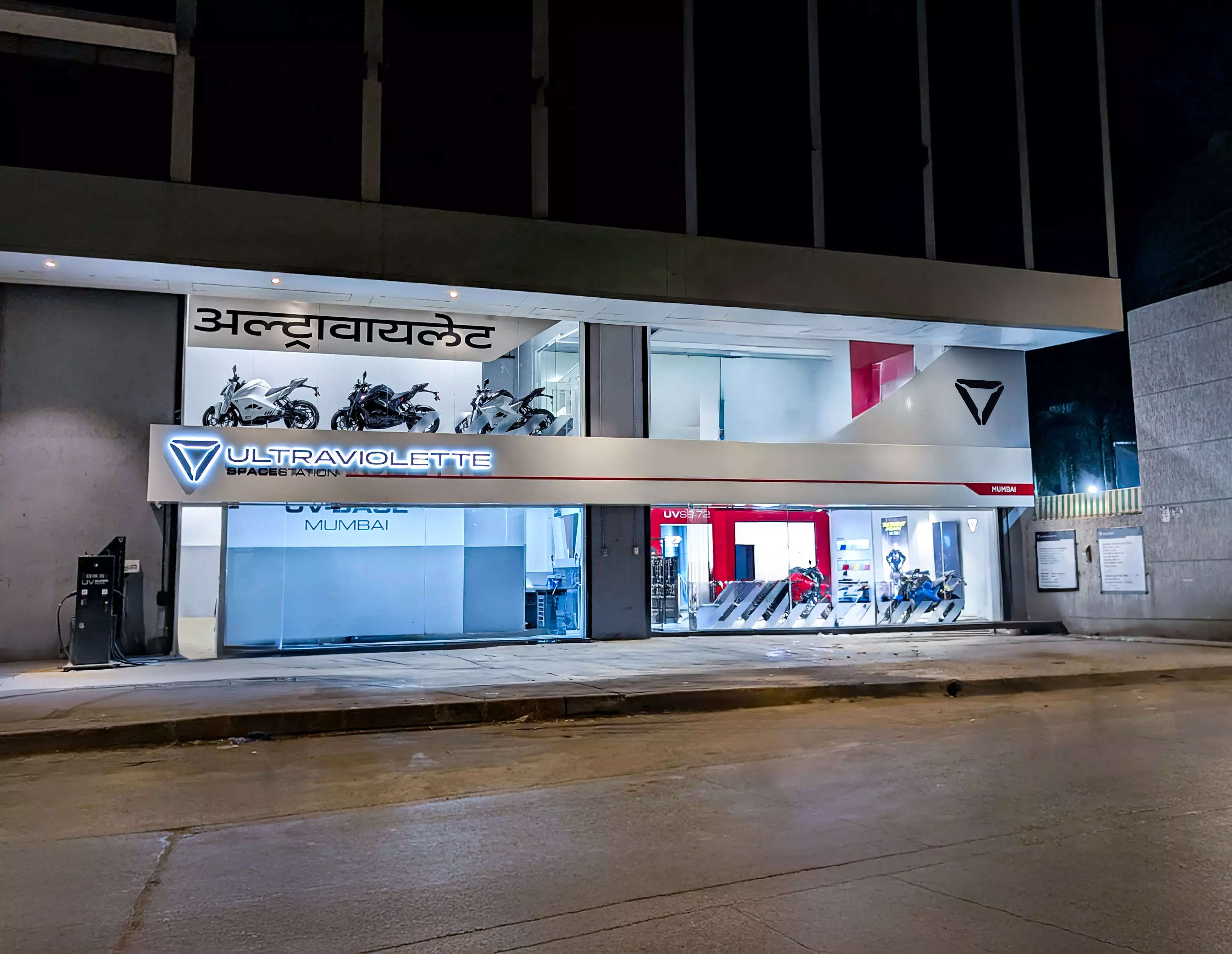
.jpg&c=0&w=700)













